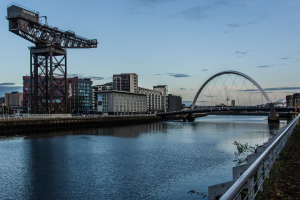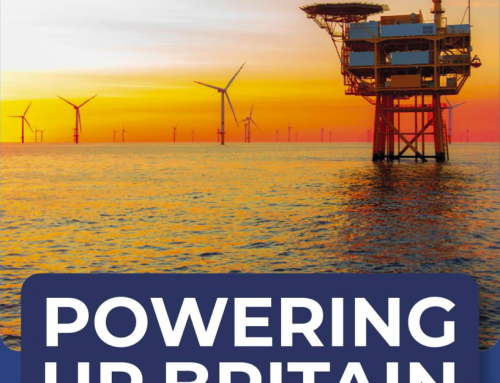By Barney Smith
From 31 October to 12 November the UK will chair the UN Conference on Climate Change in Glasgow (COP 26). This meeting is designed to follow on from the Paris conference 5 years ago which agreed that the world should try to limit the increase in global warming to 1.5 per cent by 2050 so as to stand a realistic chance of reining in temperature increase by the end of the century.
The Conference will be argumentative and discursive; Governments and negotiators will travel from around the world to keep the UN’s 197 members up to the mark, but there is no single homogenous majority and lots of competing priorities; the Americans, one of the biggest polluters, will need to play a positive prominent role, but they have several contradictory interests; so too does China, a major polluter, with a lot to lose from global warming and flooding; some of the developed world may even argue that only limited progress is possible because of the need to avoid universal economic collapse.

The port of Glasgow, site of COP 26 (Image by Julia Schwab from Pixabay)
Representatives of the developing countries will argue that they are not responsible for the historic mess; they will also argue that on a per capita basis, they are not the biggest polluters; But they need money to mitigate the past and alleviate a potentially desperate situation, so the rich (or the developed) world must pay, and it will be important to safeguard the interests of the smaller island nations.
Coal producers will try to shrug off their particular responsibilities; there will be exhortations to switch to electric vehicles; alternative fuels will be promoted; there will be attempts to limit the future funding of fossil fuel power stations; and it may be significant that at this COP no formal role is proposed for the oil companies, which have tended to play a prominent part in previous conferences. One point to look out for is the extent to which they are bound in to any pledges this time.
The UK will seek to finalise the rule-book drawn up in Paris, more precisely by finding a solution on carbon markets. This will entail creating a robust system of carbon credits which supports the move to net zero and brokering an agreement that provides a framework for governments’ ambitions for years.
Perhaps the easiest subject on which to agree is emissions, not CO2, but methane: methane has some interesting properties: it is much, much more powerful as a heating agent for the planet than CO2, but it is only present in the atmosphere for about ten years so a cut in methane emissions is the single quickest strategy to keep global warming to within distance of 1.5 degrees. Natural gas contains methane as its main constituent and it is also significantly present in other hydrocarbon products. A commitment to a cut of 30 per cent in methane emissions is said to have the backing of the US and the EU, as well as some thirty other states, though not China, India or Russia at this stage.





